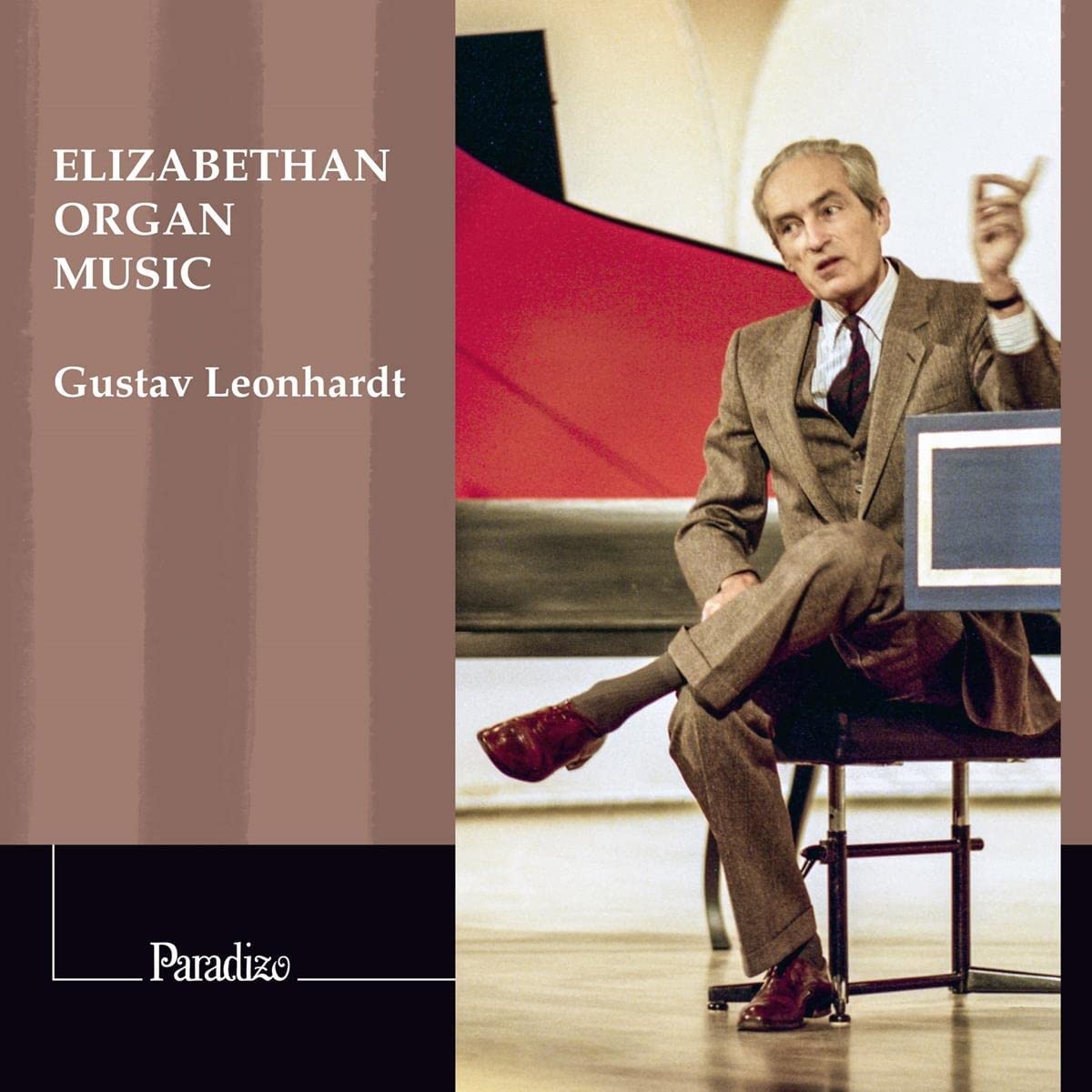Gustav Leonhardt at the Schnitger organ, Zwolle, Holland
Paradizo PA0019
48:34
Click HERE to buy this recording on amazon.co.uk
[If no-one uses these sponsored links, this free-to-view site will disappear]
For goodness’ sake do not do what I initially did, and dismissively assume that this is another re-hash of Leonhardt’s greatest hits. It is a unique recording, it is an historically significant recording, it is a superb recording, and anyone with an interest in early keyboard music will be delighted that this recording has been resurrected and made generally accessible. As Skip Sempé explains in the booklet, it was originally made for a niche American recording company in the spring of 1962, in a pressing of only a few hundred copies, available only in the USA. Now anyone and everyone can buy it, and the quality of the music and of the performances makes this a cause for rejoicing.
Sempé states that Leonhardt subsequently re-recorded only three of these eleven pieces: two for harpsichord and one for organ. The two harpsichord works are Farnaby’s Fantasia, and Gibbons’ Fantasia MB XX/6, both currently on Philips 4381532. The third re-recording that I have traced is Byrd’s Clarifica me pater III (on the CD it retains the superceded title that was current back in 1962) which Leonhardt plays on the claviorgan (Alpha 073); either Sempé has taken this performance to be on an actual organ, or I have missed a commercial recording of one of these pieces, played on an organ by Leonhardt. Either way, this is a release additionally to be treasured for these unique renditions by Leonhardt of eight fine Elizabethan pieces.
The organ which Leonhardt uses is in San-Michaelskerk, Zwolle, Netherlands, built by Arp and Frans Caspar Schnitger, 1721. Some Elizabethan music ostensibly composed for the virginals or harpsichord can sound strident at one extreme or reedy, even weedy, at the other when played on early organs. The Zwolle instrument sounds beautiful, though it does of course date from over a century after the repertory on this disc was composed. The choice of music is excellent, intermingling folk material with the rigours of plainsong fantasias, and free fantasias (and a prelude) with the discipline of a ground. The fantasias by Byrd and Philips are particularly well chosen, not only because they are both masterful compositions, but also because Philips, a pupil of Byrd, uses the same theme as his teacher. Their respective working out of the material makes for an enthralling comparison.
These compositions from a golden age are performed superbly. Leonhardt had a particular respect for Byrd, and there is the added frisson in hearing works of the first great composer for the keyboard being played by arguably the greatest modern performer on early keyboard instruments: it would be hard to imagine finer performances of either piece. The same can be said of the other nine pieces. Whether you own one, some, most, all, or none of these tracks, this is a recording that simply recommends itself: it is a major discographical event.
Richard Turbet
